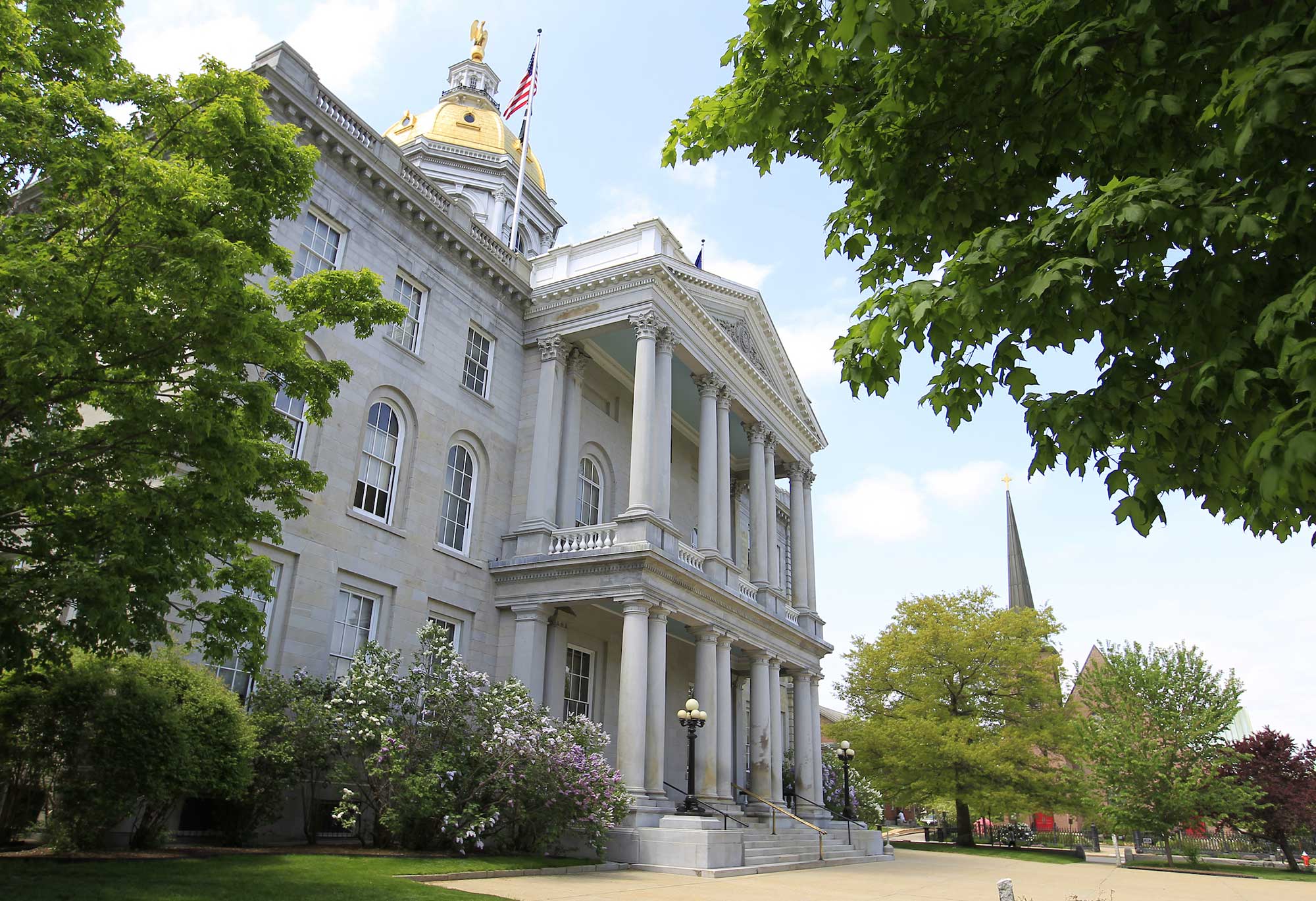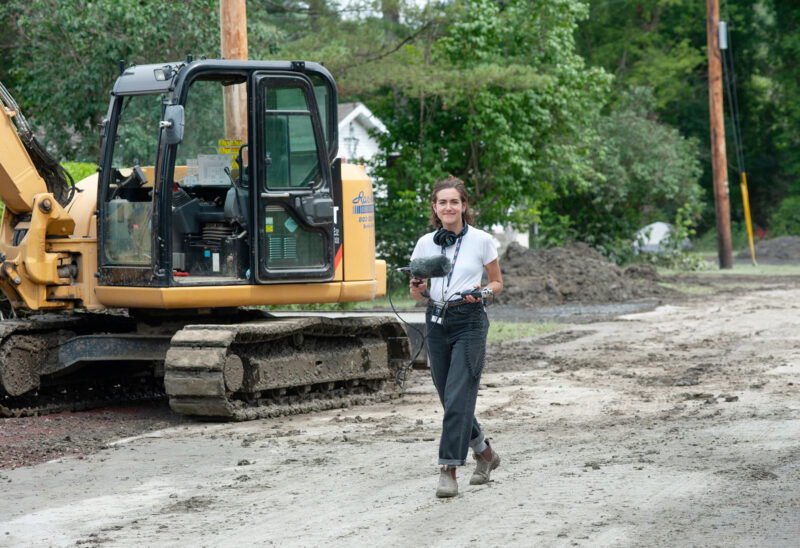The New Hampshire Council on Housing Stability has released a new statewide strategy to address housing and homelessness. The three-year plan, released over the summer, elevates three significant goals:
- Add 13,500 units of affordable housing in the state by 2024;
- Reduce first-time homelessness by 30 percent (or by 1,000 households) by 2024; and
- End homelessness among veterans by 2022.
The plan recognizes that affordable and accessible housing creates stability for children, adults and families, and is essential for well-being and economic growth. The plan seeks to address the housing supply and demand issues that are critical to the state’s future, and to ensure that homelessness becomes rare, brief, and a one-time occurrence for people.
The Council on Housing Stability was created by an executive order of Governor Christopher T. Sununu last November. The 41-member council is co-led by the New Hampshire Department of Health and Human Services, the Department of Business and Economic Affairs, and the Community Development Finance Authority. It is comprised of housing advocates, public officials, people who have experienced homelessness, landlord and business representatives, nonprofit leaders, philanthropy (including the New Hampshire Charitable Foundation) and other stakeholders.
The Health Corporation for Supportive Housing, a national technical assistance provider in housing policy, led the Council through the development of the plan. Grants from the New Hampshire Charitable Foundation and the Endowment for Health supported this work.
While New Hampshire has had a lack of affordable housing for decades, the COVID-19 pandemic and related economic fallout have exacerbated the state’s struggle with housing and homelessness. Rental costs have increased, outpacing renter incomes. Limited housing supply and high prices make it hard for employers to hire and retain workers. Homelessness has increased, and many people and families are facing housing insecurity for the first time.
More than 4,000 people received homeless services in New Hampshire in 2020 – including many families with children. More than 4,000 school-aged children were documented as being homeless in New Hampshire 2020. (This number, as reported by public schools and the State Department of Education, tracks students who “couch-surf” in addition to those who stay in shelters or are unsheltered altogether.)
Black, Indigenous and other people of color are affected by homelessness at rates disproportionate to their representation in New Hampshire’s population overall, the result of discrimination that has prevented people from building wealth and accessing health care, among other barriers. According to the NH Coalition to End Homelessness’ “State of Homelessness in New Hampshire” 2020 report, Multi-Racial and Black/African-American people make up 2.7 percent of the general population in New Hampshire, but 10.2 percent of the homeless population. Similarly, Hispanic/Latino people make up 2.8 percent of the general population in New Hampshire, but 10.6 percent of the homeless population.
A comprehensive set of strategies set forth by the Council to accomplish its goals includes:
- Harnessing federal American Rescue Act Plan relief funds to generate new housing and to invest in programs that support households in need;
- Recruiting private landlords and providing a financial incentive to lease to tenants who have rental assistance vouchers;
- Increasing homelessness prevention funding;
- Providing support to local communities to make regulatory changes that promote affordable housing development;
- Coordinating funding resources to reduce production time for supportive housing; and
- Repurposing vacant commercial spaces for housing.
“The Charitable Foundation is proud to partner with the Endowment for Health to support this work, and we look forward to concerted efforts to strengthen systems of care, and to create more stable, safe and affordable housing that will help people thrive,” said Deborah Schachter, policy advisor and senior program officer at the New Hampshire Charitable Foundation.
You can read the full plan on the council’s website: https://nhchs.org/strategicplan/.



















